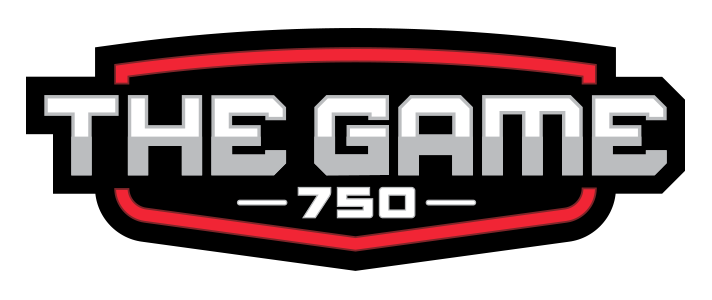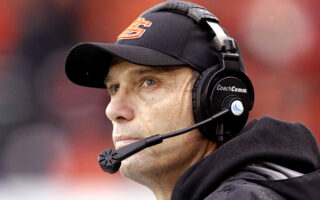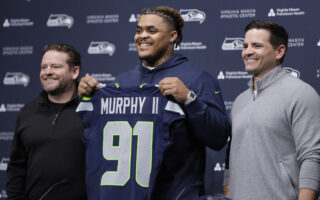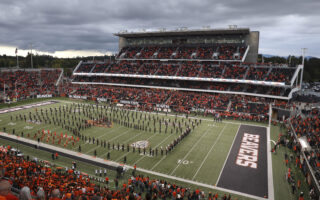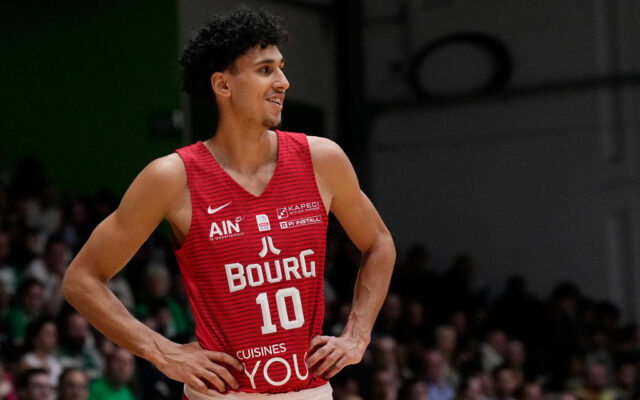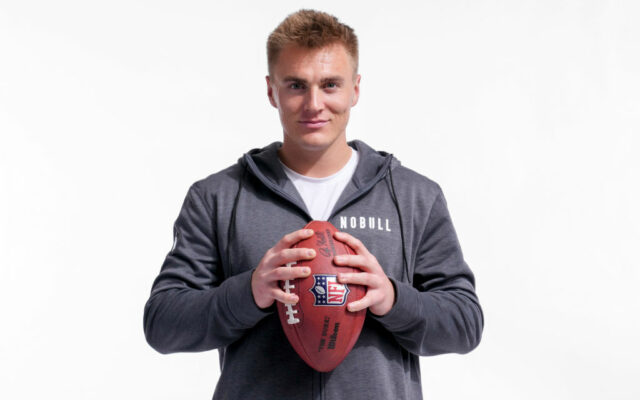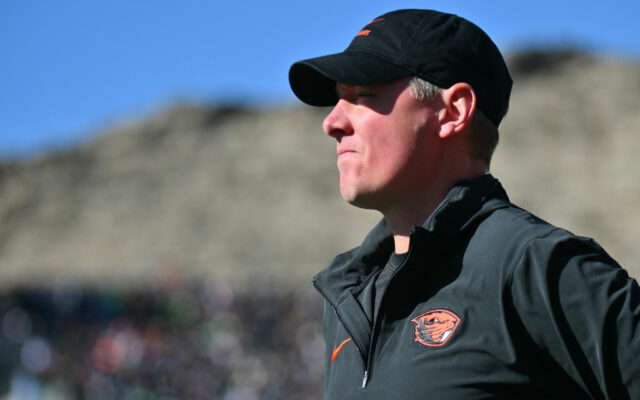NBA’s Memo On Damian Lillard’s Trade Request – A Case Study In Semantics
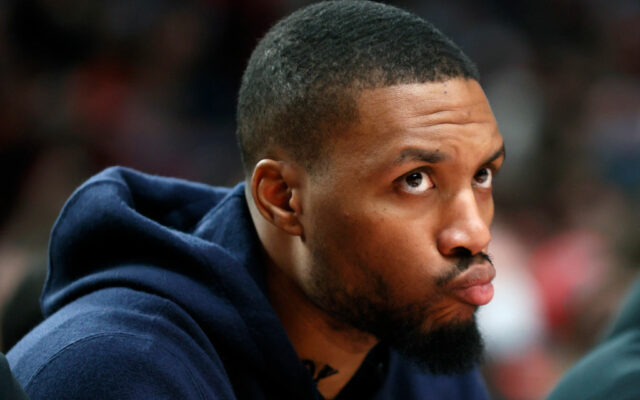
By JASON POULSEN, OREGON SPORTS NEWS
There is an interesting aspect to the NBA’s scolding of Dame and his agent Aaron Goodwin for their very public trade request. What makes it interesting, at least to me, is it has primarily been underreported. Maybe this is due to the media at large anticipating a lack of interest. I guess we’ll see, won’t we?
The debate about the impact of the NBA’s memo on the stalled trade negotiations between the only team Lillard is willing to be traded to, the Miami Heat, and the Portland Trail Blazers has taken center stage. And while I will wade into these waters, I’d first like to draw more attention to the specific aspect of Dame and Goodwin’s trade request that drew the ire of the NBA.
Exhibit A in our Case Study is none other than James Harden. He, too, has requested to be traded to just one team and one team only, the Los Angeles Clippers. And yet no such memo has been sent out by the NBA regarding his and his agent Troy Payne’s trade request.
This begs the question: are Damian Lillard and Aaron Goodwin being unfairly targeted by the NBA?
The short answer is an unequivocal no!
While the NBA probably doesn’t like players being this inflexible (by requesting to be traded to just one team), I don’t think the memo is an attempt by the league to legislate players requesting trades, even to just one team. But instead, should players choose to request a trade, be it to one or several teams, don’t do so in such a way that leaves the league office with egg on its face.
That we’re still even talking about the NBA during the dead of its winter (even if it is about memorandums) is good for business. I’m sure the league office wouldn’t complain if the NBA began to emulate the NFL, and there wasn’t an offseason, not really, anyway. In this case, no news is, in fact, NOT good news. And the NFL has managed to remain in the news in some shape or form year-round nowadays.
This is all to say the Player Empowerment Era of the NBA keeps fans talking and thus is good for business.
What the NBA has deemed is NOT good for business via this memo is agents being the story. Or at least as much of this story as Goodwin has been thus far. Player Empowerment, not Agent Empowerment, you dig!?
Aaron Goodwin and Dame then are Exhibit B in our case study, as in how to NOT facilitate a trade request, as per the NBA.
In an unusual move on an NBA agent’s part, Goodwin embarked on a public information campaign regarding Lillard’s desire to be traded to the Heat, even going on the record with the press, per James Herbert of CBS Sports:
“Aaron Goodwin, Damian Lillard’s agent, has gone on the record: Portland Trail Blazers star Damian Lillard wants to be traded to the Miami Heat and nowhere else, and Goodwin has told other prospective suitors as much.
“‘I do what I should for my client,’ Goodwin told the Miami Herald‘s Barry Jackson. ‘Some teams I did call. Other teams have called me. It’s a respectful relationship with most teams. Truthfully, he wants to play in Miami. Period.’”
All the while, Lillard has been playing things somewhat coy, which is what the NBA wants its players and agents to do. It’s what Harden and his agent have been doing.
Let the likes of Woj and Shams air your dirty laundry for you. Go public, and there will be a price to pay, as the NBA alluded to in their now infamous memo:
“We have advised Goodwin and Lillard that any future comments made privately to teams or publicly, suggesting Lillard will not fully perform the services called for under his player contract in the event of a trade will subject Lillard to discipline by the NBA. We also have advised the Players Association that any similar comments by players or their agents will be subject to discipline going forward.”
(https://theathletic.com/4730234/2023/07/28/damian-lillard-memo-trade-request-heat/, subscription required)
By going full monty, Goodwin also managed to subject his communication with teams to scrutiny by the league. Everyone knows such communication takes place, but don’t tell a reporter you’ve called “some teams” and “[o]ther teams have called me.”
Having been caught with his hand in the cookie jar, of course, Goodwin denied having done any such thing. Also, per the NBA’s memo: “Goodwin denied stating or indicating to any team that Lillard would refuse to play for them.”
And round and round we go!
Going public with a trade request is one thing; it’s happened before and will likely happen again. But going public with your private communications with other teams is quite another. I can’t recall ever seeing this before. And given Goodwin’s subsequent denial, I’d like to think he realized he really stepped in it. Interesting indeed, or so I believe.
Despite all this soap opera-level drama, I think we still have a pretty good idea of where this merry-go-round will stop. It’s still not a matter of IF Dame will be traded to the Miami Heat, it’s WHEN and for HOW MUCH.
Whether the memo increased the Blazers’ leverage in trade negotiations or not is of little interest to me since it didn’t really impact the only real source of leverage Joe and his Cronin-ies have, which is, if necessary, beginning next season with Dame still on the roster.
I don’t think Cronin is objecting to doing right by Lillard by trading him to his preferred destination; it’s doing so for pennies on the dollar, hence the current stalemate. And barring other shocking developments on the trade front resulting in Dame deciding to return (think Pascal Siakam or, better yet Karl-Anthony Towns), his ship is bound for Miami.
So, it would behoove the Blazers and the Heat to involve as many other teams as necessary to get this deal across the finish line. My vote still is for Ben Simmons. Let’s make him the Interim Mayor of Rip City already!
For more articles from our partner Oregon Sports News, click here
